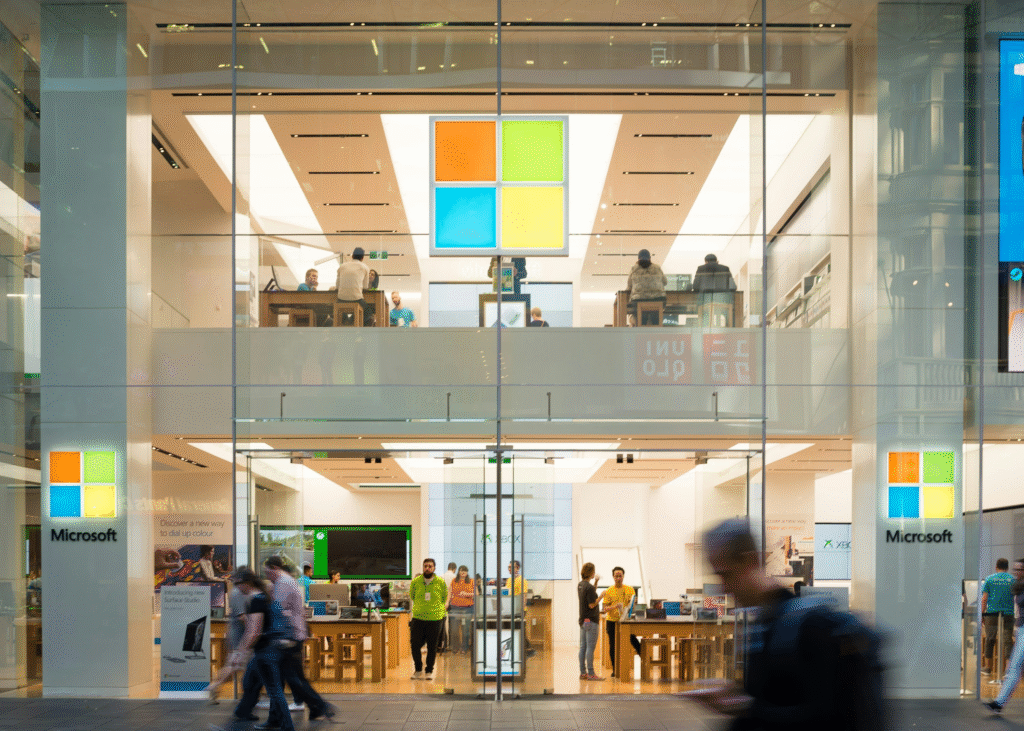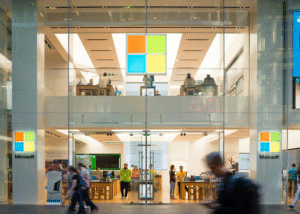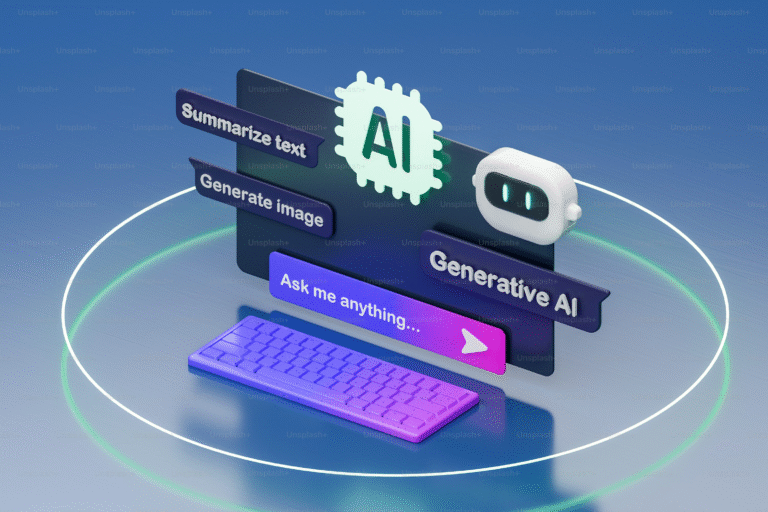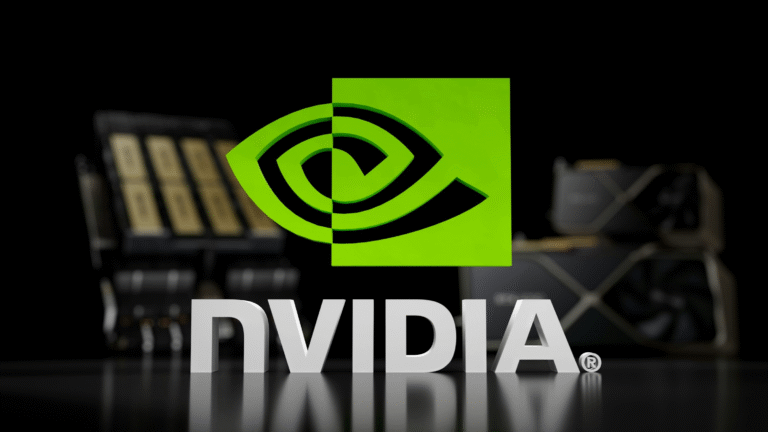Microsoft has apologised and come up with a solution to give people their money back after being heavily criticised for raising the price of Microsoft 365’s AI features without warning. The company admitted that a number of people who signed up for Personal and Family plans were surprised when their yearly fees went up a lot once the Copilot AI assistant was installed. Microsoft delivered an apology email directly to users, in which it recognised that it hadn’t been clear and open about the changes, as consumers would expect from a global technology leader.
The argument started when Microsoft added Copilot, its main AI productivity tool, to the Microsoft 365 environment. Right after the integration, the prices of Personal and Family plans went up a lot. The Personal plan, which used to cost $109 a year, went up to $159. Many users stated they were surprised by how much it went up. The Family plan went up from $139 to $179 per year. These modifications went into effect after the business changed Copilot from an optional upgrade to a built-in premium function.
Microsoft apologised in an email for not being explicit about the options accessible to users. The business said it was sorry for not making it clear what the differences were between plans with AI features and ones without them. It also admitted that it had not done a good job of making it clear that there were cheaper solutions without Copilot. The company says that not talking to clients enough made them think that the new AI-enabled plan was their sole choice. This has been a key point in formal complaints against the corporation.
The business said that consumers who are qualified and want to go back to the lower-priced plan without Copilot will be able to get their money back. Microsoft said that subscribers who switch to the other plan by the end of 2025 will get their money back within 30 days for any payments made after late 2024. Microsoft says the idea is to provide customers who thought they were being charged for things they didn’t chose a sense of fairness again.

Now, subscribers have two obvious choices. They may either stick with the plan that includes Copilot at the higher price and get new features and improvements to AI, or they can go back to what Microsoft calls the Classic plan. The Classic plan keeps the main features of Microsoft 365, but it doesn’t contain Copilot or get any new AI-related updates. The company’s apologies said that consumers who switched to the Classic plan would miss out on new features in the future, but it also promised them that the choice would still work and be supported.
This apology comes after a lot of criticism of the corporation for how they told people about the change in prices. A number of people reported they didn’t find out about the non-AI version until they tried to cancel. They said they thought they had to accept Copilot to keep their membership current at first. Some customers with auto-renew settings were advised they had to accept Copilot integration and pay the new price or terminate their membership altogether. Long-time subscribers were upset because they felt that they had to pay more without being given a clear choice.
The corporation is certain to lose millions because of the return scheme. But losing money might not be the most important thing. When things like these happen, people often wonder how tech companies make big changes to their products and if they put openness ahead of speed. For Microsoft, a brand that has always stressed trust and dependability, the backlash is a reminder of how fast customers may change their minds when communication breaks down.
The company’s apology made it clear that it was still committed to being honest and treating users with respect. It said it knows that users need to fully grasp things before they sign up for a subscription, especially when the choices involve new and changing technology like AI. The apology also shows that Microsoft knows that customers want more and more precise information about changes to prices and products. As more and more digital services come with AI features, it’s important to make sure that people feel like they are in control of what they pay for.
Many people who pay for the service have said that the apology and refund notification shows that they are responsible. Some people are still hesitant, saying that it takes time to re-establish trust after it has been broken. Some users like what Copilot can accomplish, but they think the price increase could have been better explained, maybe with extensive explanations of how the AI improvements make things more productive or valuable.
The bigger conversation over Microsoft’s choice shows a conflict that exists in the tech industry as a whole. Companies need to figure out how to price new AI features in software without turning off the people they want to use them as they become more common. Adding AI to important tools like word processors, spreadsheets, and email applications is a big step forward in technology, but it also brings up important issues about choice and fairness. Should AI tools be built in, or should they be optional extras? How should charges change as new ideas come up? And how open should firms be when they change fundamental products in ways that hurt long-time customers?
Microsoft’s answer reveals that they are trying to find a balance between being responsible and being creative. The business said it was sorry as part of a continuous commitment to listen more closely to users and rebuild confidence by being candid. By giving refunds, it has shown that even modifications to products that are meant to be helpful can cause confusion if they aren’t explained effectively. It also hints that future updates may come with more thorough explanations, especially where AI elements are involved.
The return policy may help with some issues, but there are still a lot of things that stick in people’s minds. People are more aware than ever of changes to subscription services that they didn’t expect. They want to know that technological development won’t mean giving up their choices. And they want businesses to be proactive in explaining new features, especially those that come with a greater price. This event will probably change how Microsoft and other big tech companies roll out AI-powered improvements in the future.












